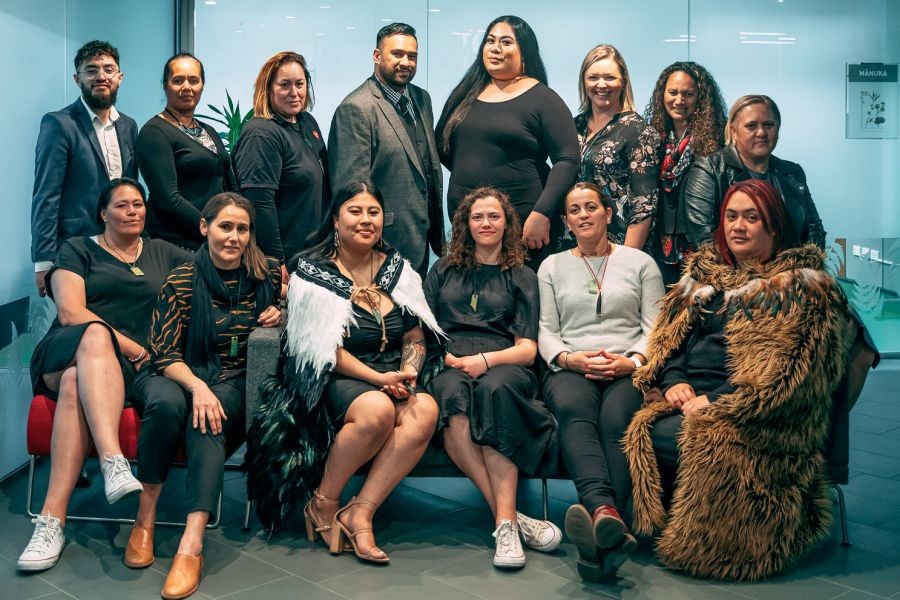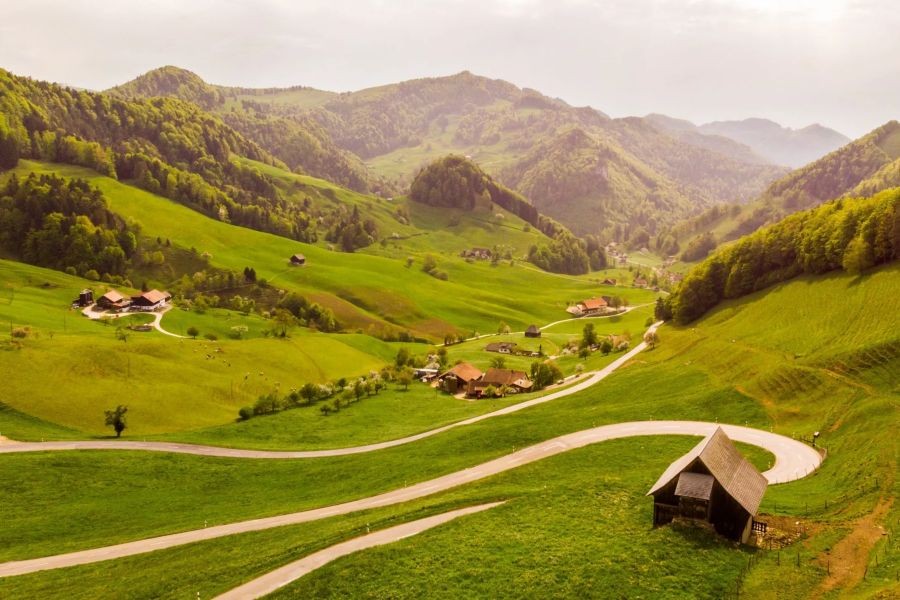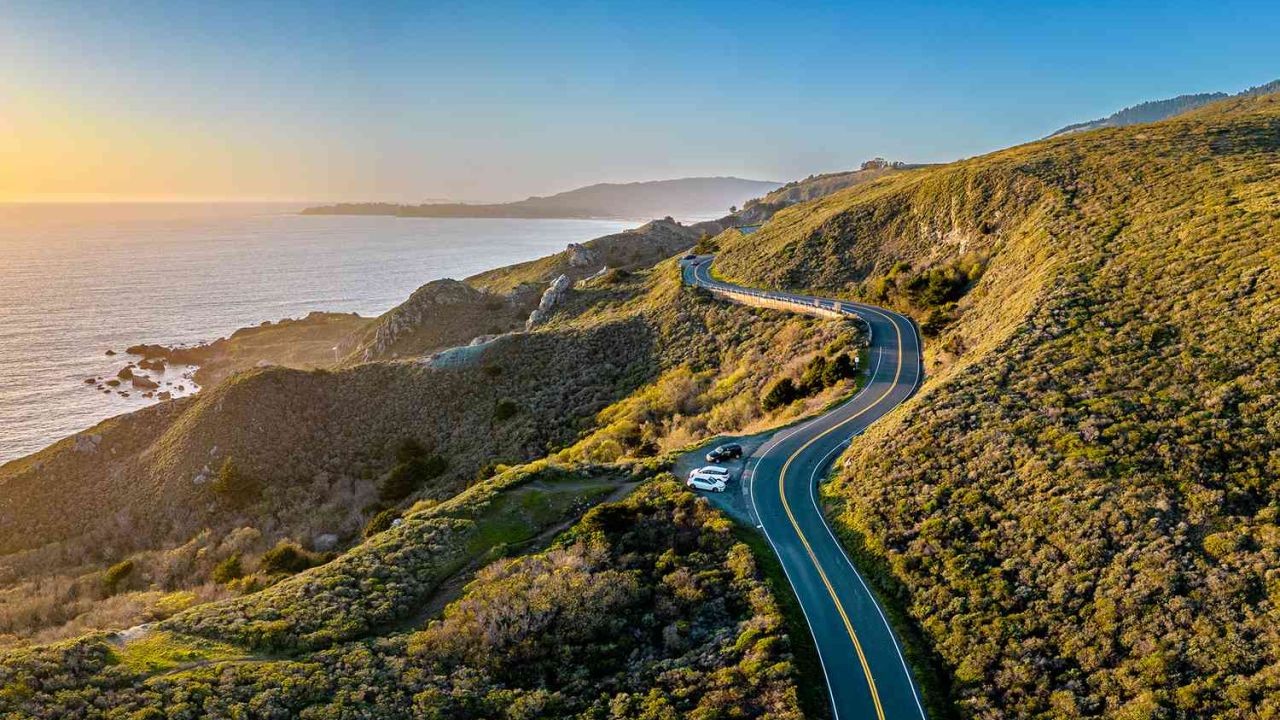In the tapestry of New Zealand's history, the threads woven by Māori leaders have been pivotal in shaping the country's cultural, social, and political landscapes. These leaders have not only preserved the Māori heritage but have also significantly influenced New Zealand's economic and policy frameworks. As strategic business consultants, understanding these influential figures provides a unique perspective on leadership, resilience, and innovation that can inspire modern business practices.
Understanding the Magnitude of Māori Leadership
Māori leaders have played crucial roles in negotiating treaties, advocating for indigenous rights, and fostering economic development. Their contributions have laid the groundwork for New Zealand's diverse and inclusive society. From crafting the Treaty of Waitangi to leading movements for land rights, these leaders have demonstrated strategic thinking and negotiation skills that resonate with today's business challenges.
Aotearoa’s story cannot be told without the vision, strength, and leadership of Māori. Across centuries, Māori leaders have challenged colonial power, led revolutions in thought and politics, and shaped New Zealand’s evolving identity. Their legacy is etched not just in textbooks, but in the language we speak, the land we share, and the values we carry forward.
Here are 10 of the most influential Māori leaders who shaped the nation we know today.
1. Te Puea Hērangi (1883–1952)
The Rebuilder of a People
A granddaughter of the Māori King Tāwhiao, Te Puea Hērangi was a visionary leader who rebuilt the Kīngitanga movement in the wake of land confiscations and war. She opposed conscription during WWI and spearheaded initiatives to improve Māori health, education, and welfare.
💡 Legacy: Ngāruawāhia became a thriving cultural hub under her leadership, and she laid the foundations for Māori political resurgence.
2. Sir Āpirana Ngata (1874–1950)
The Architect of Māori Renaissance
Lawyer, politician, and scholar, Sir Āpirana Ngata was the first Māori to graduate from a New Zealand university. As an MP for over 38 years, he championed Māori land development, language revival, and education.
📚 Legacy: Ngata’s work preserved Māori art forms, and his face now appears on the NZ $50 note.
3. Dame Whina Cooper (1895–1994)
The Mother of the Nation
Known for her fearless activism, Dame Whina Cooper led the iconic 1975 Māori Land March from Northland to Wellington, demanding “Not one more acre!” be taken from Māori. Her lifelong work for land rights and community welfare earned her respect across generations.
🚶 Legacy: Her march ignited a national conversation about land, justice, and Māori identity.
4. Hongi Hika (c.1772–1828)
The Warrior-Diplomat
A strategic military leader of Ngāpuhi, Hongi Hika was instrumental in reshaping intertribal relations and European engagement during the early 19th century. He travelled to England, met King George IV, and returned with muskets, forever altering power dynamics in Aotearoa.
⚔️ Legacy: Though controversial, his impact on the Musket Wars and Māori-Pākehā relations was profound.
5. Tā Tipene O’Regan (b.1939)
The Treaty Negotiator
A key figure in Ngāi Tahu’s renaissance, Tā Tipene O’Regan led the iwi’s landmark Treaty of Waitangi claim, resulting in a $170 million settlement — one of the most significant in NZ history. He also pushed for Māori engagement in science, education, and commerce.
📜 Legacy: His work transformed Ngāi Tahu into a major economic and cultural force.
6. Rua Kēnana (1860s–1937)
The Prophet of Maungapōhatu
A Tūhoe leader and prophet, Rua Kēnana established a religious community at Maungapōhatu, advocating for Māori autonomy and self-determination. In 1916, he was arrested in a violent police raid, symbolising the state's deep distrust of Māori independence movements.
🕊️ Legacy: In 2019, the NZ government issued an official pardon and apology, recognising the injustice he endured.
7. Potatau Te Wherowhero (c.1800–1860)
The First Māori King
Chosen in 1858 to unite iwi under one monarch, Potatau Te Wherowhero became the first Māori King. The Kīngitanga movement sought to protect Māori land and sovereignty amid escalating European colonisation.
👑 Legacy: His descendants continue to lead the Kīngitanga to this day.
8. Hinewehi Mohi (b.1964)
The Cultural Trailblazer
Singer, producer, and advocate for Te Reo Māori, Hinewehi Mohi made headlines when she sang the national anthem in Māori at the 1999 Rugby World Cup — sparking a national debate. She’s since championed bilingual music and the mainstream presence of Māori culture.
🎤 Legacy: Today, the anthem is regularly sung in both languages, in part thanks to her boldness.
9. Sir Maui Pomare (1875–1930)
The Public Health Pioneer
As New Zealand’s first Māori doctor, Sir Maui Pomare worked to improve health outcomes for Māori during epidemics and fought for systemic reform. As Minister of Health and Native Affairs, he also supported urbanisation and modern education.
⚕️ Legacy: He combined Western medicine with cultural advocacy to elevate Māori wellbeing.
10. Moana Jackson (1945–2022)
The Legal Revolutionary
A constitutional expert and tireless voice for justice, Moana Jackson challenged colonial frameworks in NZ law. He argued for constitutional transformation based on Te Tiriti o Waitangi and fought for prisoner rights, Indigenous sovereignty, and systemic reform.
⚖️ Legacy: His work continues to influence debates around co-governance and constitutional change.
🎯 Avoiding the Mistakes Others Already Made
Too often, New Zealand history has sidelined Māori voices — framing events from a colonial perspective or reducing leaders to stereotypes.
Tactical Lessons:
Teach balanced history in schools, with Māori leadership at the centre
In media and storytelling, consult iwi and descendants to ensure accuracy
Avoid romanticising or oversimplifying — Māori leaders were multifaceted and politically astute
💬 Why This History Still Matters
“These leaders didn’t just fight for Māori — they helped define what it means to be a New Zealander. Recognising their legacy is part of building a future where all Kiwis feel seen.”
— Daniel Chyi, Co-founder of Vidude.com
From social justice to environmental stewardship, many of the struggles these leaders faced are still relevant today — and their solutions remain instructive.
Economic Insights: The Māori Economy
According to the Ministry of Business, Innovation, and Employment (MBIE), the Māori economy is valued at approximately NZD 50 billion. This substantial contribution underscores the significant role Māori businesses play in New Zealand's economic landscape. Strategic business consultants can learn from Māori enterprises' emphasis on sustainability, community engagement, and long-term growth.
Te Puea Herangi: A Visionary Leader
Te Puea Herangi's efforts in rebuilding the Tainui iwi after land confiscations reflect strategic resilience and vision. Her focus on education and community welfare aligns with modern business strategies that prioritize corporate social responsibility and sustainable development. Herangi's leadership exemplifies adaptability in overcoming systemic challenges, a critical skill for navigating today's volatile business environment.
Case Study: Ngāi Tahu – Economic Revitalization
Problem: Ngāi Tahu, a South Island iwi, faced economic challenges due to historical grievances and land loss.
Action: Through strategic negotiations and the Treaty of Waitangi settlements, Ngāi Tahu secured financial redress and invested in diversified portfolios, including tourism, property, and seafood industries.
Result: Ngāi Tahu's economic base grew significantly, with assets now exceeding NZD 2 billion. This growth has enabled reinvestment in community initiatives and education, highlighting the importance of strategic planning and investment diversification.
Takeaway: Ngāi Tahu's success underscores the value of leveraging historical opportunities for future growth. Businesses can apply similar strategies by identifying core strengths and investing in diverse sectors.
Pros and Cons of Māori Leadership Approaches
Pros:
- Cultural Integration: Māori leadership emphasizes the integration of cultural values, enhancing community engagement and loyalty.
- Sustainability Focus: Māori enterprises often prioritize sustainability, aligning with global trends towards eco-friendly business practices.
- Long-term Vision: A focus on intergenerational growth ensures sustainable and resilient business models.
Cons:
- Resource Limitations: Initial capital and resource constraints can hinder rapid expansion.
- Complex Negotiations: Treaty settlements and historical grievances require complex negotiations, demanding high levels of expertise and patience.
- Regulatory Challenges: Navigating legal frameworks can be complex, particularly in land management and resource rights.
Debunking Myths About Māori Leadership
Myth: Māori Leadership is Primarily Cultural
Reality: While cultural preservation is crucial, Māori leaders have significantly influenced economic policies, education reforms, and social justice initiatives, showcasing a holistic leadership approach.
Myth: Māori Economies are Limited to Traditional Industries
Reality: Māori businesses are diverse, with investments in technology, tourism, and real estate, reflecting adaptability and innovation in modern markets.
Future Trends and Predictions
As New Zealand continues to embrace diversity, Māori leadership principles are expected to influence broader business practices. The emphasis on sustainability, community engagement, and long-term vision aligns with global business trends. According to a 2024 report by Deloitte, integrating indigenous perspectives can enhance corporate social responsibility initiatives, potentially increasing brand loyalty by up to 30%.
Final Takeaways and Call to Action
- Embrace Cultural Values: Incorporate Māori leadership principles to enhance community engagement and drive sustainable growth.
- Invest in Long-term Strategies: Focus on intergenerational growth and sustainability for resilient business models.
- Leverage Diversity: Diverse perspectives can lead to innovative solutions and enhanced brand loyalty.
Ready to integrate these insights into your business strategy? Connect with local Māori enterprises to learn more about sustainable practices and community engagement. Share your thoughts and experiences in the comments below!
People Also Ask
- How does Māori leadership impact businesses in New Zealand? Māori leadership principles, emphasizing sustainability and community, can enhance business resilience and engagement, leading to higher customer loyalty and growth.
- What are the biggest misconceptions about Māori leadership? A common myth is that Māori leadership is purely cultural. However, it significantly influences economic policies and social justice initiatives.
- Who benefits the most from Māori leadership principles? Businesses, communities, and policymakers benefit from integrating Māori leadership principles, fostering inclusive growth and sustainable practices.
Related Search Queries
- Māori economic impact in New Zealand
- Leadership lessons from Māori culture
- Influential Māori figures in history
- Sustainable business practices in NZ
- Community engagement strategies for businesses



































mattiearmstron
9 months ago